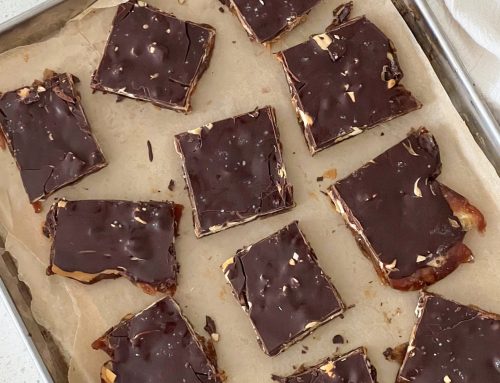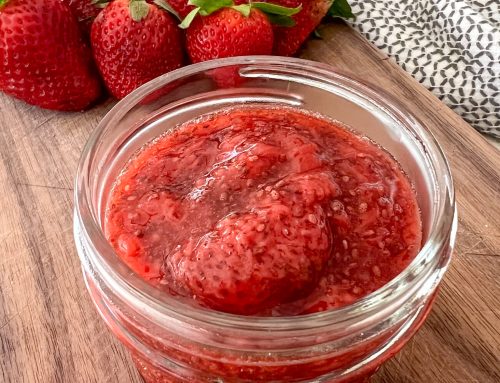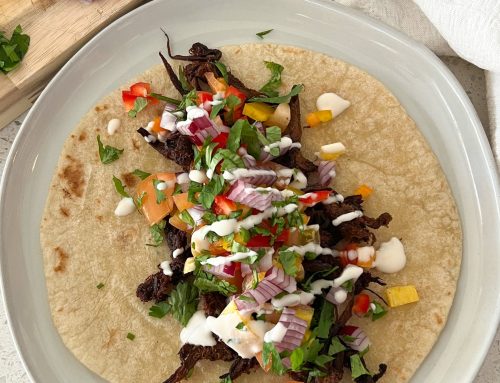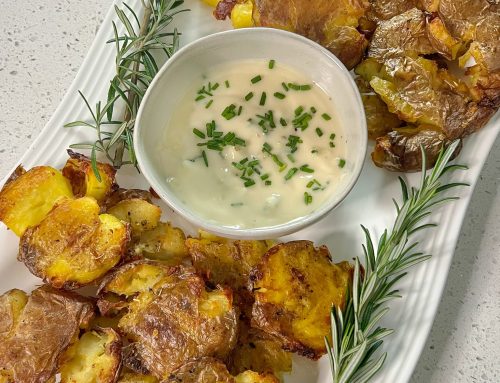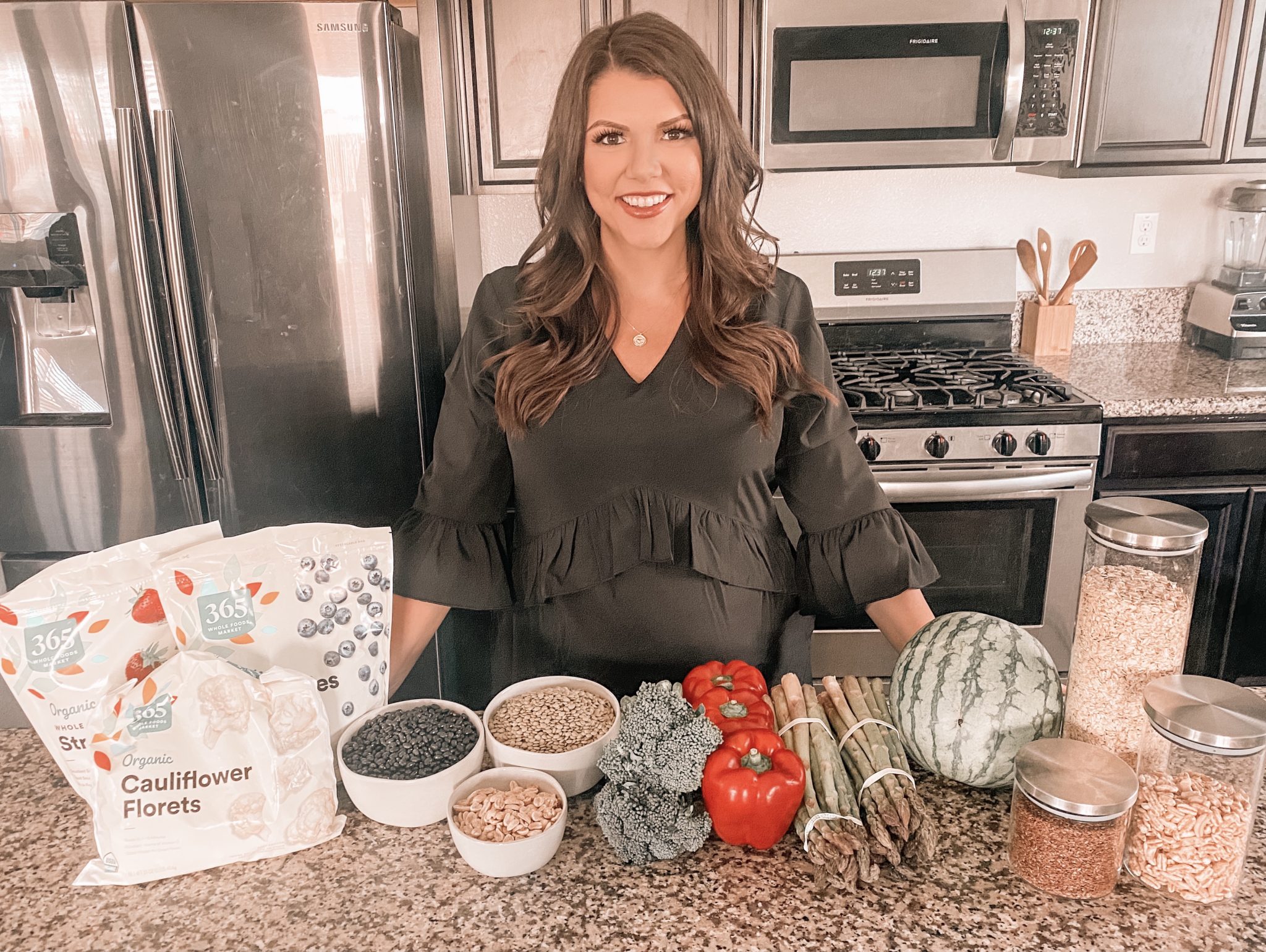
Something I hear a lot is “eating healthy is expensive!” But when you've got a plan before shopping and are prepared with some money saving tips you'll still be able to eat healthy, even on a budget.
1. Buy In The Bulk Section
The bulk section not only offers savings on food, but helps reduce waste when you use reusable bags or storage containers.
You want to buy items that have a longer shelf life so you don’t risk anything going bad.
Some things that are great to buy in bulk are:
» Dried beans
» Lentils
» Grains (quinoa, brown rice, oats)
» Flours
» Nuts and Seeds
» Dried Fruit
2. Shop at Farmer's Markets or buy ‘in-season' produce
Produce that’s ‘in season’ is always cheaper because there’s an abundance of it and they need to sell it. Usually, these items are displayed front and center in the produce section of the grocery store.
Farmers Markets are typically less expensive than the grocery store so, if you have one near you, I highly recommend going.
To really save some dollars at the Farmers Market go closer to closing time. This is when farmers will discount whatever they have left because it’s easier for them to sell than pack it back up.
Also, if you buy a lot of items, farmers will usually give you a deal, like 5 items for $10. If you don’t see a sign saying it, always ask if they will do this. It never hurts to ask!
3. Cut back on Meat and eat more plant protein
Not only is meat not good for your health, but it’s not good for your bank account. When you eat less meat you also save money!
Replace it with healthier and cheaper proteins like legumes, nuts and seeds. Your body gets more than just protein from these cleaner sources. You’ll also be cutting out the saturated fat and excess cholesterol when you don’t eat meat, which is another check mark for good health.
4. Buy Frozen Produce
There’s been a myth that frozen produce isn’t as nutritious as fresh. This simply isn't true.
Most of the time frozen fruits and vegetables are just as nutritious if not more because they’re picked at their prime before being frozen.
Frozen produce can also make things a lot easier! There’s no washing, chopping or peeling required. Plus, they’ll last longer so you don’t have to worry about using it up quickly.

